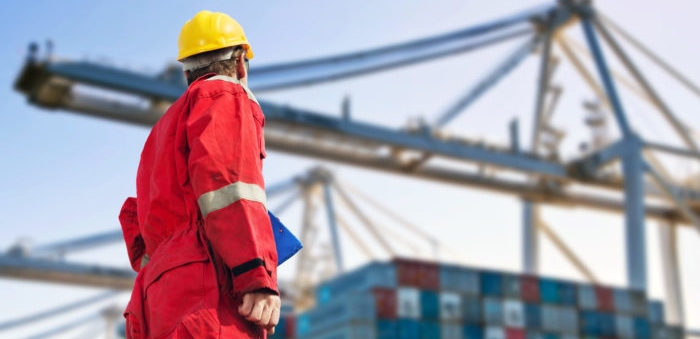Dockers unions, shop stewards and legal advisors met in Rotterdam, forming a team of legal advisors ensuring that the Dockers’ Clause that entered into force in Europe and Canada on January 1, 2020 will be correctly implemented.
The new agreement known as “Dockers’ Clause” came into force in the same month globally, except in the EU and Canada; The latter were provided with two more years, until January 1 2020, to better prepare for the new rules before the agreement entered into force on the explicit request of employers.
Yet, it is reported that despite this arrangement, some companies in the EU and Canada refused to follow the Dockers’ Clause and instead of collaborating with lashing companies they waited until the clause came into force, now claiming that enforcement is impossible.
The new amended clause coming into force is the result of a five-year ITF campaign on “reclaiming lashing for dockworkers” which became part of a recent International Bargaining Forum (IBF) agreement between an International Maritime Employment Council (IMEC) negotiating group and the ITF.
Now that it has entered, ITF asks that “shore-based workers undertake shipboard container lashing under the supervision of the shipmaster.”
Terje Samuelsen, ETF Dockers’ section chair, in light of the situation, commented that
The Dockers’ Clause was agreed for the health and safety of seafarers and dockers. Delaying its implementation jeopardizes safe working conditions and it constitutes a breach of the agreement.
In the meantime, Niek Stam, ITF Dockers’ Section second vice chair added that as this clause has been signed by both sides, it is now time for everyone to comply.
The Dockers’ Clause secures safe working conditions for seafarers and for dockers. The clause was agreed that lashing work should be carried out by trained dockers! Trade unions are supporting the new Dockers’ Clause and are ready and willing to defend it. A deal is a deal, and a signature is legally binding
… concluded Stam.



































































